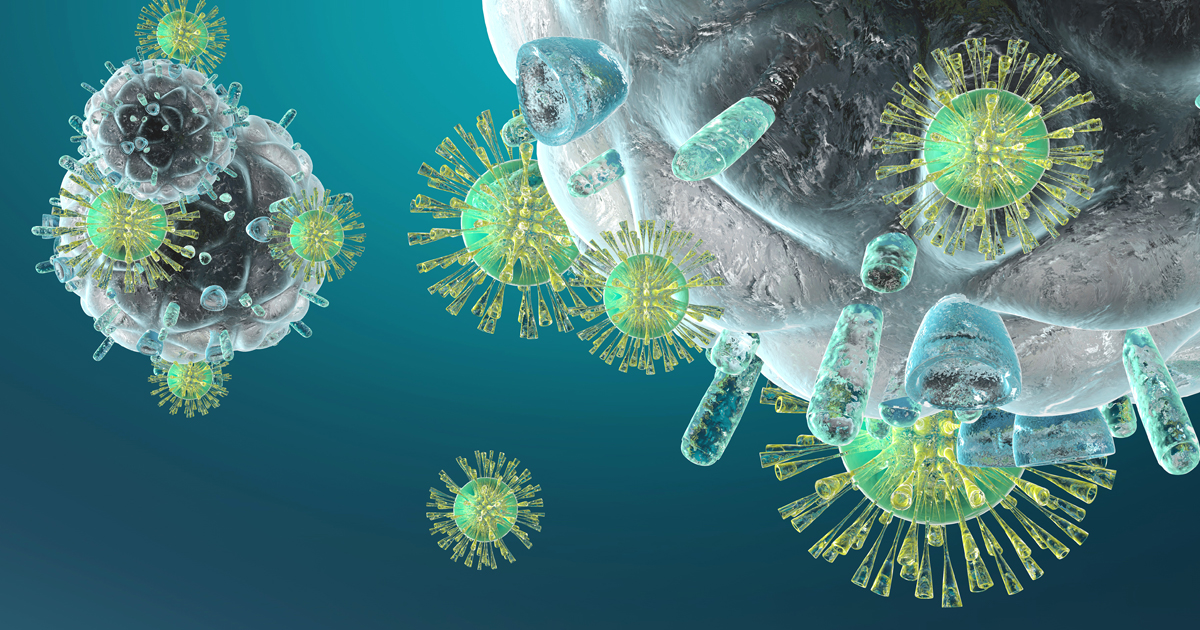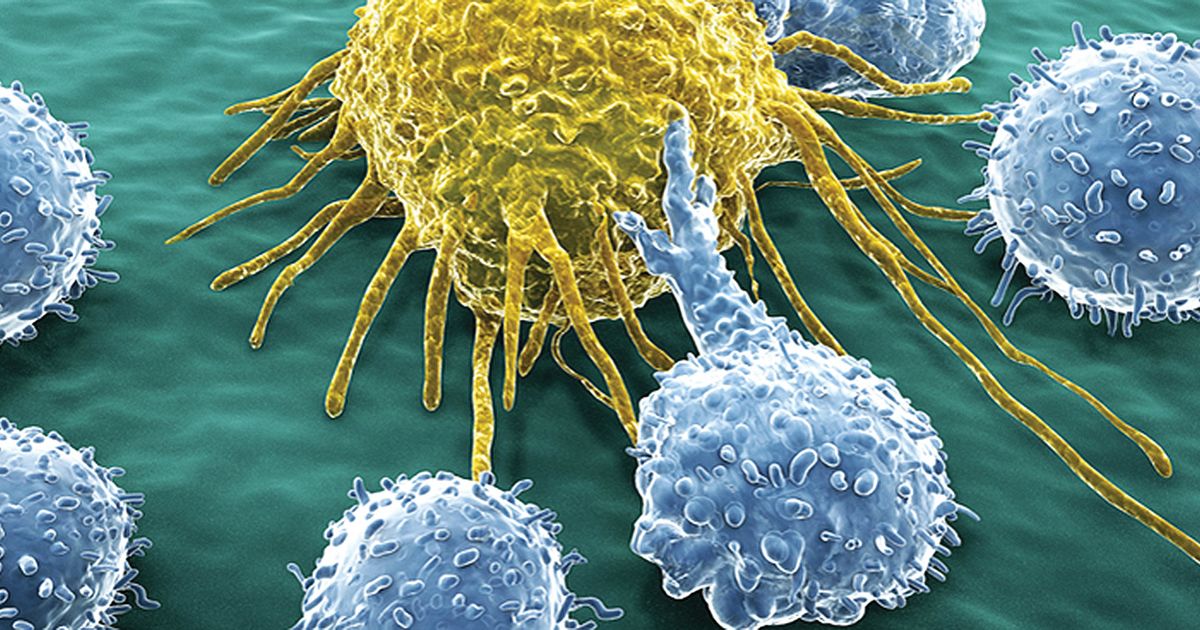Treatments For Large Cell Carcinoma
Cancer is a complex disease, and there are more than one hundred types. When this disease is present, the cells divide and do not stop. Most cancers are characterized by the abnormal cell division causing excess cells to form into a tumor, which is a type of solid mass. However, not all cancers have tumors, such as blood cancers. Large cell carcinoma describes a type of cancer where the cancer cells are bigger than normal cell sizes. This carcinoma may be seen in lymphoma and lung cancer. These tumors can spread, causing secondary cancers elsewhere in the body. Once large cell carcinoma is diagnosed, numerous treatment options might benefit the patient, depending on the stage and exact cancer type.
Chemotherapy And Radiation

Chemotherapy and radiation are among the most common cancer treatments. There are dozens of medications administered in several ways, such as orally, intrathecally into the space between the spine or brain and the tissue covering them, intra-arterially into an artery, intravenously, intraperitoneally into the peritoneal cavity, or topically. The purpose of chemotherapy is to shrink tumors, improve the efficacy of other treatments, and kill cancer cells. Radiation uses intense forms of energy to destroy cancer cells. The internal radiation type involves inserting liquid or solid radiation into the body at the cancer site. The external radiation type uses machines that aim the radiation at the area of the body where the cancer is present. For example, the machines will be aimed at the chest when using radiation for lung cancer. These two treatment options are often used together for large cell carcinomas because they can boost the efficacy of each other and other cancer treatments.
Continue to reveal more treatments for large cell carcinoma.
Targeted Therapies

Targeted therapies involve various drugs technically considered types of chemotherapy. However, compared to chemotherapy, targeted medications do have different mechanisms of action. For example, certain medications in this category might focus on the inner workings of a cell, which would result in the cancer cells being impacted and the healthy cells being left alone. The purpose of these therapies is to focus solely on the cancer cells. These medications can differentiate between healthy cells and cancer cells due to the DNA changes cancer cells undergo, making it possible for these therapies to switch off or block chemical signals, so the cancerous cells stop dividing or growing. They may cause cancer cell death via inhibiting blood vessel growth to the tumor or by changing proteins or kill the cancer cells by delivering toxins to them. These therapies may also work to kill cancer cells by triggering the patient’s immune system. The administration of these therapies depends on the medication used and may include any of the chemotherapy delivery routes.
Continue to learn about surgery as a treatment for large cell carcinoma.
Surgery

Surgery is a common treatment method for large cell carcinoma. It might be recommended for numerous reasons, such as to remove a tumor or at least remove some so it is smaller. Removing some of it, a process referred to as debulking, may help reduce the risk of damage to the nearby body structures. This could also be done to decrease certain symptoms the tumor and its size might be causing. Surgical procedures may be done during the diagnostic phase to help in staging cancer or confirming the diagnosis of this disease. It might also be used to improve the efficacy of other treatments or as a palliative measure when a patient’s cancer is advanced. There are numerous techniques surgeons might employ for cancer. Cryosurgery kills cancer cells via freezing temperatures and electrosurgery kills cancer cells via an electrical current. Laser procedures might be considered when the surgeon needs extreme precision or when tumors are tiny. Microscopically controlled procedures may be done when delicate areas are being operated on.
Continue reading to reveal the details on the next large cell carcinoma treatment.
Immunotherapy

Immunotherapy is an option for large cell carcinoma that fights cancer by using the patient’s immune system. This may be accomplished by attacking the cells via stimulating the patient’s immune system or by providing the patient’s immune system with certain proteins and other components. There are four primary types of this therapy being used for cancer regularly. Immune checkpoint inhibitors essentially stop the body from keeping the immune system in check, so it has free rein to kill cancer cells. Non-specific immunotherapies provide a general boost to the immune system so it has the strength it requires to attack cancer cells. Monoclonal antibodies are a type of man-made immune system protein. These are made in a way that allows them to precisely focus and only attack a particular cancer cell component. Cancer vaccines are also classified as this type of therapy. They are typically used as a preventative measure, but in some cases, they may also be used as part of a treatment regimen.
Continue reading to reveal a new way to treat this form of cancer.
Clinical Trials

Due to the high incidence of cancer, there are constantly clinical trials being done to test new treatment options. Patients with large cell carcinomas that meet specific criteria might qualify for these research trials, which may be used alone or along with other treatments. The trials may be testing medications or other forms of cancer therapies. They might also be testing combination therapies, such as two drugs being used simultaneously that are hypothesized to be more effective when they are used as such. In addition to exploring new treatment options, these trials might also be performed to find new ways to diagnose cancer, manage the symptoms of the disease itself and the various treatments patients undergo, and to prevent this disease. Patients interested in participating in these trials should talk to their oncologist who can aid them in finding studies they may qualify for.
